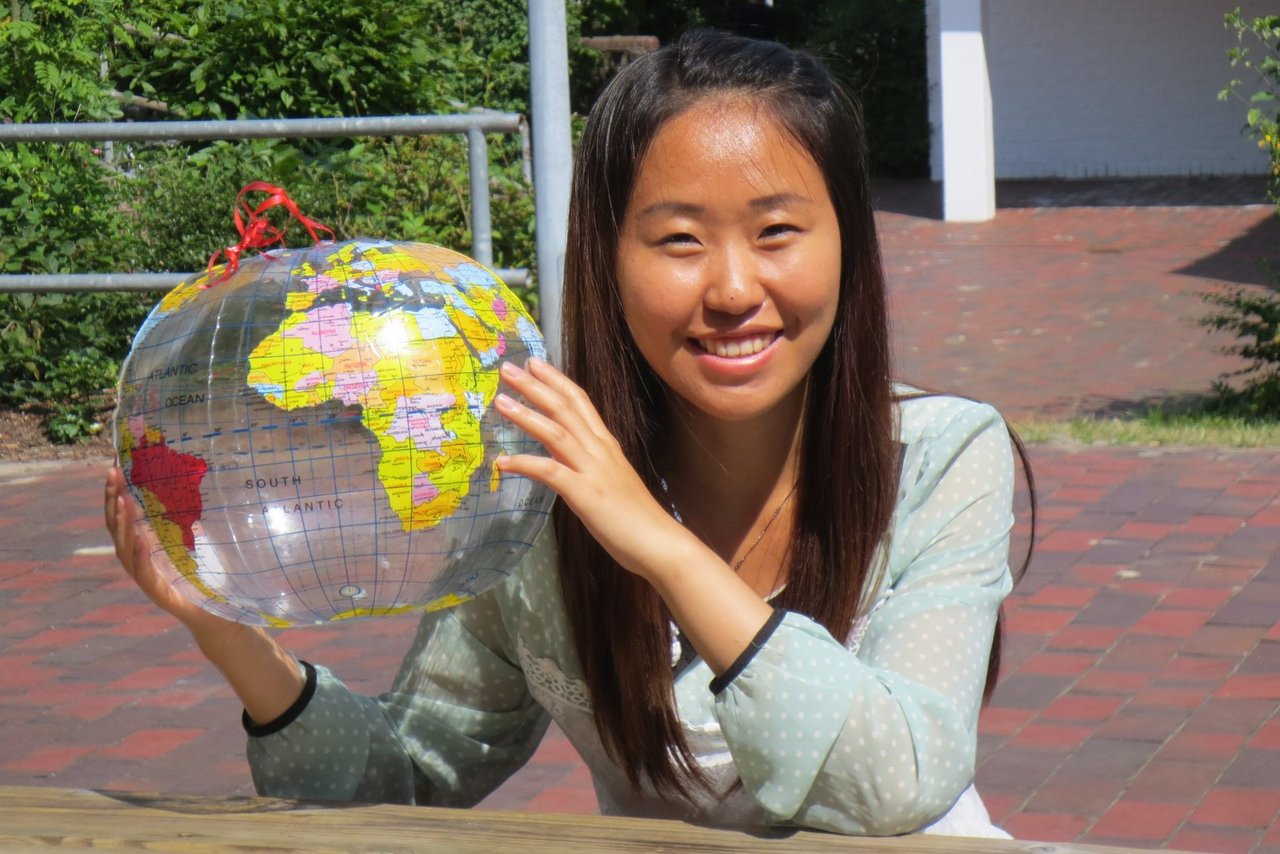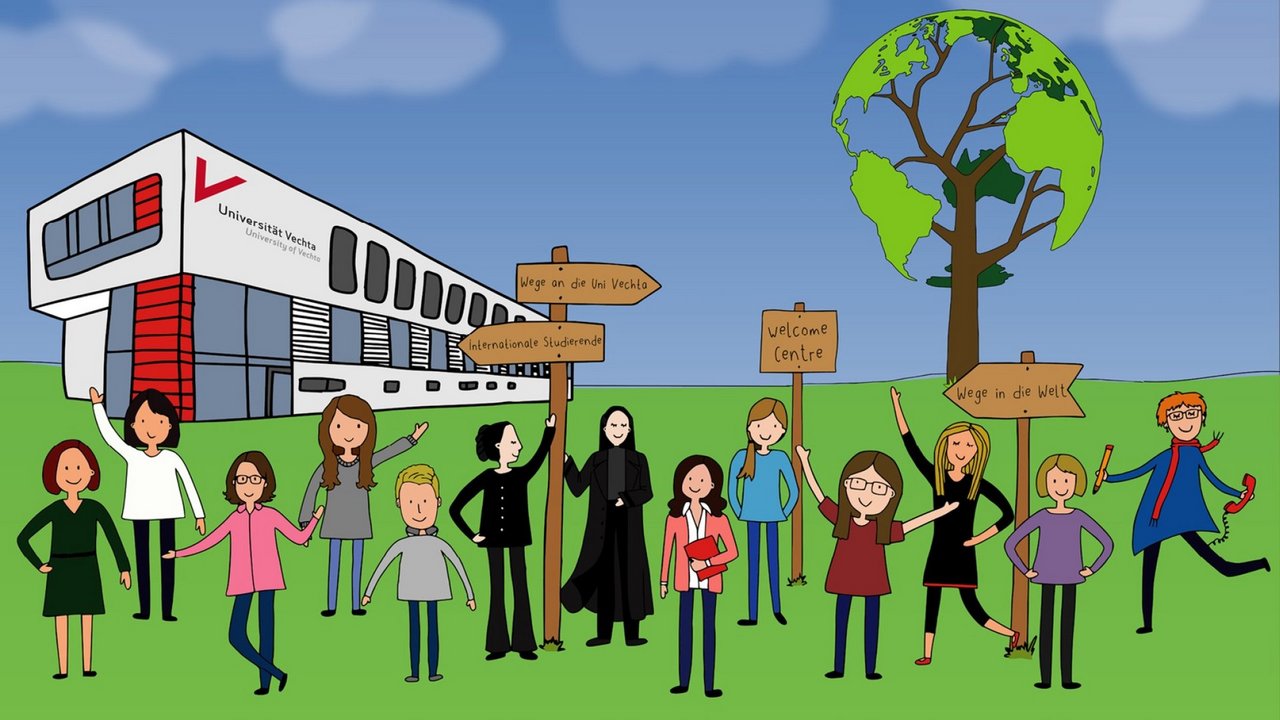The Master's programme in Transformation Management in Rural Areas refers to the current social issues of "transformation" and "sustainability", for which a continuous discussion and development process can be observed from an interdisciplinary scientific perspective. The programme focuses on the following topics:
- The interdisciplinary and multi-paradigmatic orientation enables transformation processes to be analysed from an integrative spatial, economic and political science perspective.
- Within the "rural areas" system, interactions and interdependencies between space, economy and politics are worked out, thereby creating a profound understanding of the complexity of the challenges.
- In addition to evidence-based theoretical approaches, qualitative research methods from spatial, economic and political science in particular play a major role in the development of customised solutions.
- The involvement of partners from business, administration and politics early on in the degree programme ensures practical relevance and opens up concrete transitions to the professional phase.
The international network of teaching staff opens up extensive opportunities for academic and professional stays abroad.
From an integrative perspective on transformation, methods for analysing and shaping transformation processes are taught and tested and deepened using selected practical examples. Seminars on innovation management, sustainable regional development and the coexistence of globalisation and regionalisation provide starting points for an extensive practical phase in the third semester, in which transformation processes in companies, administrations and other organisations are examined from a research and application perspective.
Selected questions are as follows:
- Which determinants and factors are driving the transformation processes in rural areas?
- How can ecological, social and economic sustainability be ensured in organisations in a dynamic environment?
- How can we analyse and explain the diverse, interlocking, partly synchronous and asynchronous or simultaneous or opposing transformations from an interdisciplinary and integrative perspective?
- How can guiding principle-oriented development processes in organisations, regions and society be initiated and accompanied in the sense of transformative science?
- How do we classify political processes of regionalisation and control of local and regional interests in favour of changes in rural areas?
- What skills are needed to critically evaluate planning processes, structures and results in regional management and marketing and in organisational sustainability management?
The Master's degree opens up areas in sustainability, corporate social responsibility, value chain management or regional management and marketing. Graduates shape change processes ("future change agents"). Places of employment include international organisations and NGOs and sustainability departments, companies working for the common good, tourism and regional marketing, development and spatial planning, social and market research and development cooperation.



